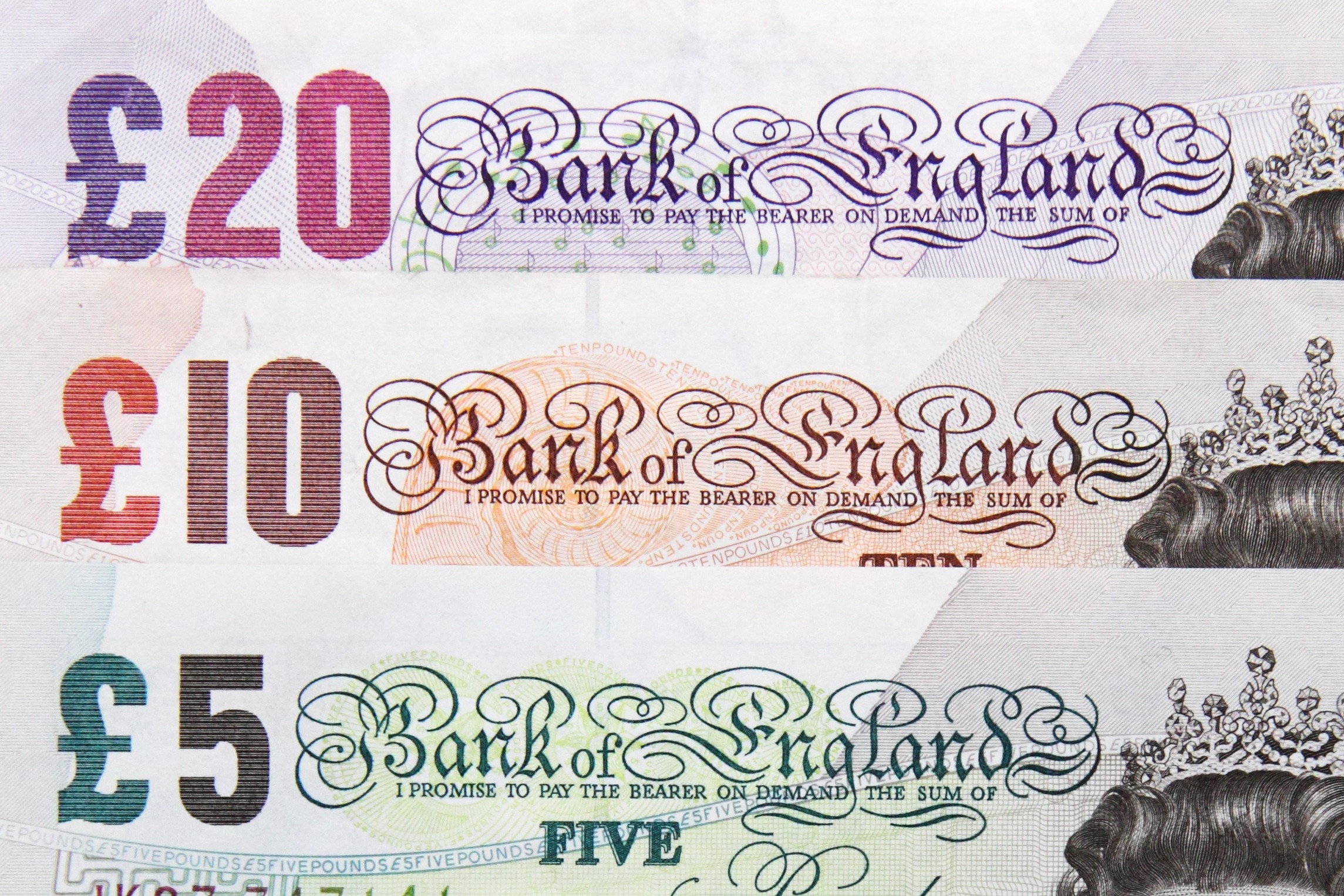DEBT RECOVERY STEPS
Are you often drained by chasing late payments? Many of our clients say the percentage of their daily work day chasing late payers is far too high. At Allsquare Law we would say that having an operational approach to debt recovery can reduce the risk of bad debts creeping in and also boost cashflow.
Let’s go through handy tips:
Late payment
Do you issue invoices regularly and send systematic statement prompts? Effective CREDIT CONTROL is vital to ensure good cashflow housekeeping. What happens when your client has not adhered to the payment deadline? This is the point when quick action is essential.
What happens when a deadline is missed?
If the unpaid invoice is left without payment, your cashflow can become seriously affected. A swift informal phone call is often the most effective way to chase an overdue payment. At this point, you can identify the honest reason for the non-payment – this can be done in a positive manner yet with tenacity:
Forgot
Delaying tactic
Lack of money
Dispute
As part of the CSA we are proud to adhere to their ethos and policies and we understand sometimes debtors can be on the vulnerable scale. We would suggest if you have a debtor struggling to pay to assess the whole situation and if they have serious financial difficulties, or if the amount involved is small, you may decide simply to write it off as a bad debt.
Debt Recovery
Using Allsquare Law immediately takes away our clients having to confront their late payers. We chase payments in a very professional manner and our aim is to recovery debt seamlessly and painlessly. By using a third party debt recovery service, such as us, you and your client stay on good working terms.
Legal Action
If all else has failed and your customer/debtor refuses to pay and all means of dispute resolution has failed, then our litigation solicitors are ready to prepare court action. The first step we would do on your instruction is to send a formal letter to them explaining the actions we propose. This Letter of Claim advises them that if they have not settled the outstanding sum by a specific date, you will sue them.
For debts worth more than £750, you may instead issue a statutory demand for payment. If your customer does not dispute the debt, yet still refuses to pay, the court can be asked to wind up the debtor’s business (or make an individual customer bankrupt). In our experience, we find that this in itself can have a powerful effect – if the customer can afford to pay you.
Our fees for litigation are much more competitive than the usual high street lawyer, as we are lucky enough to be an ABS (Alternative Business Structure) enabling the Group of companies we belong to, to invest in leading software to enable a swift debt recovery process.
Email us to find out more – please click here

